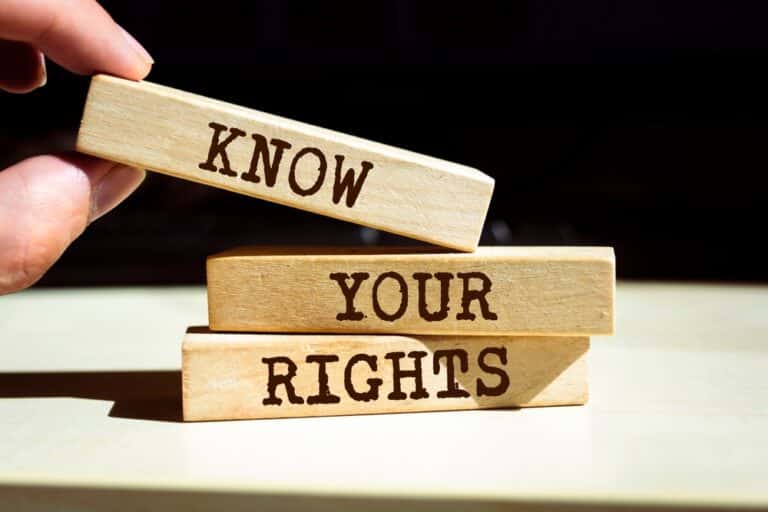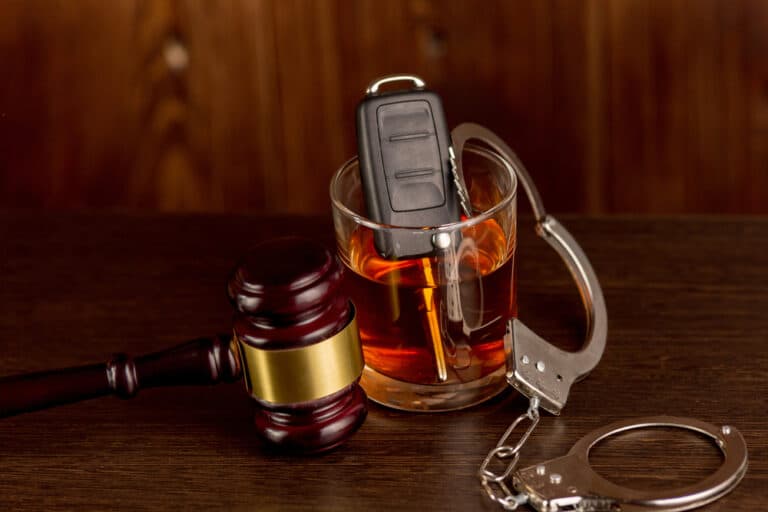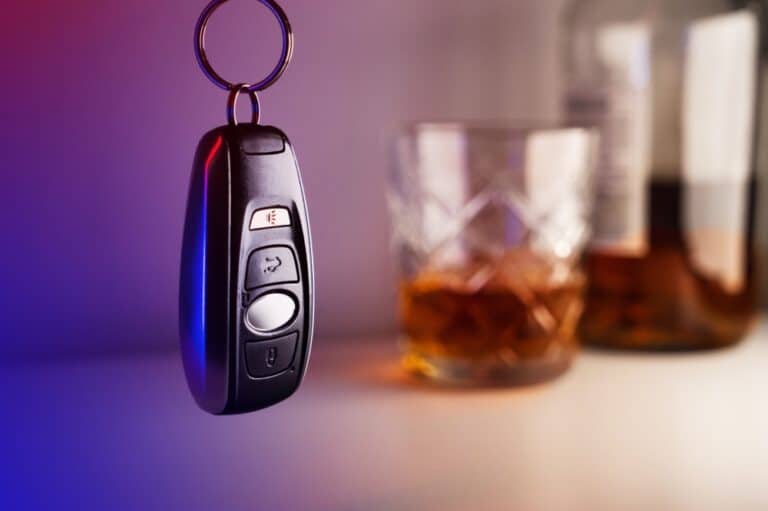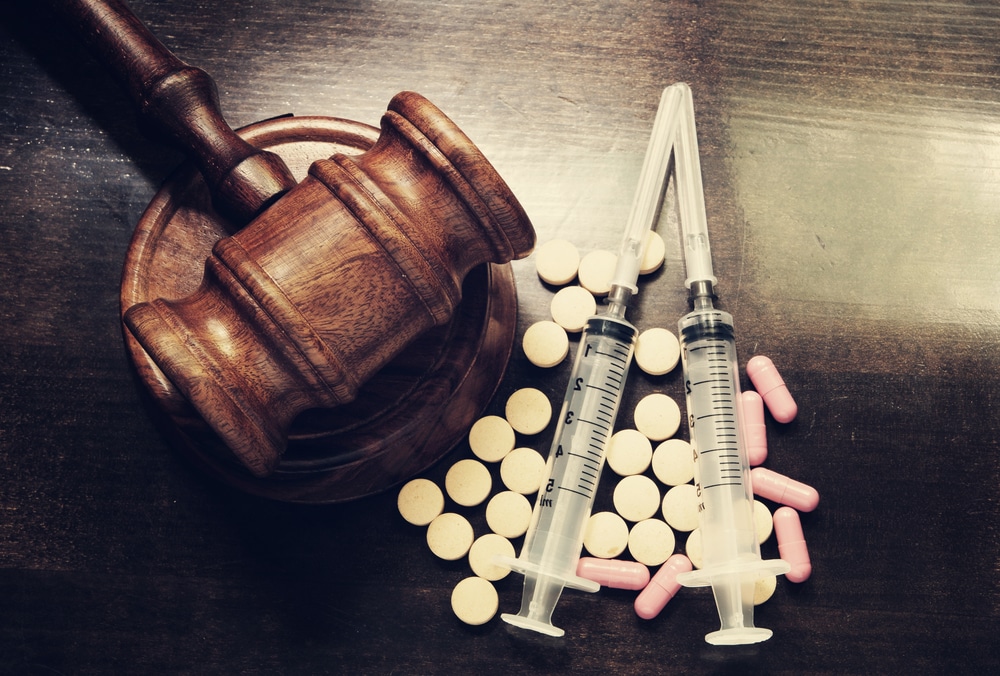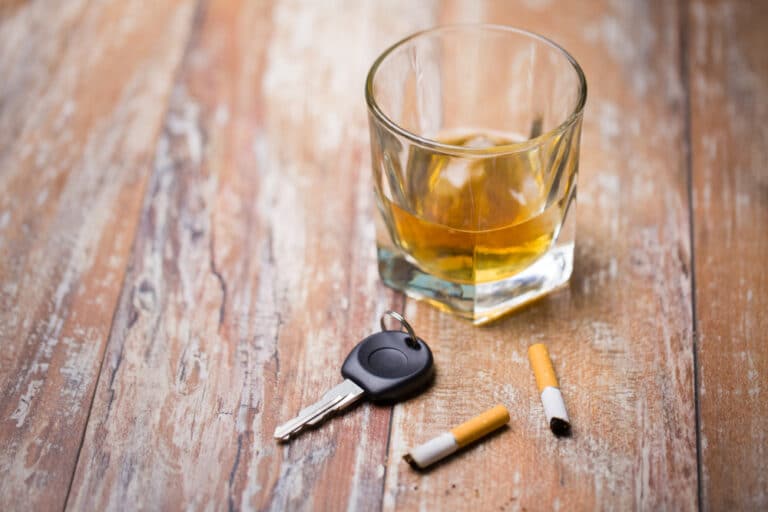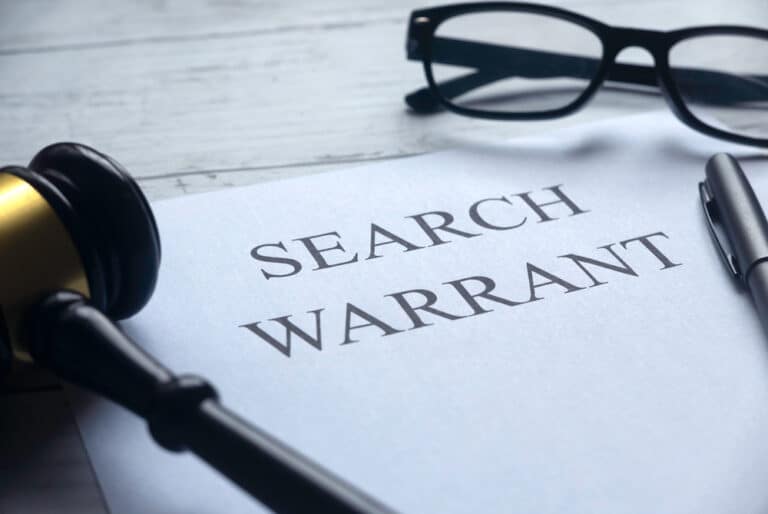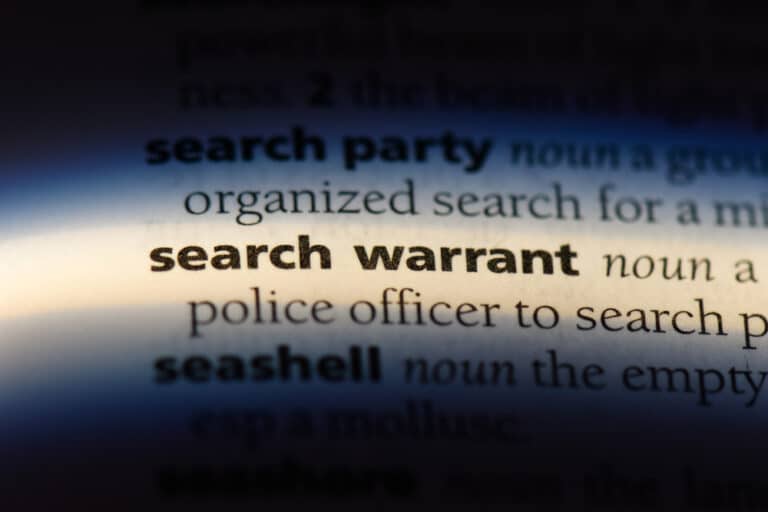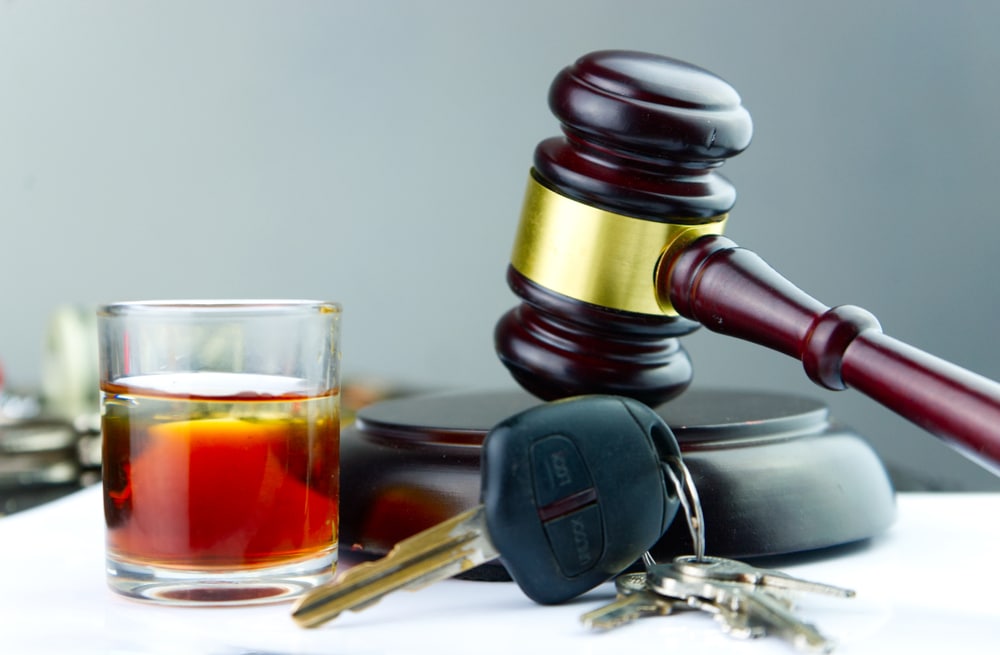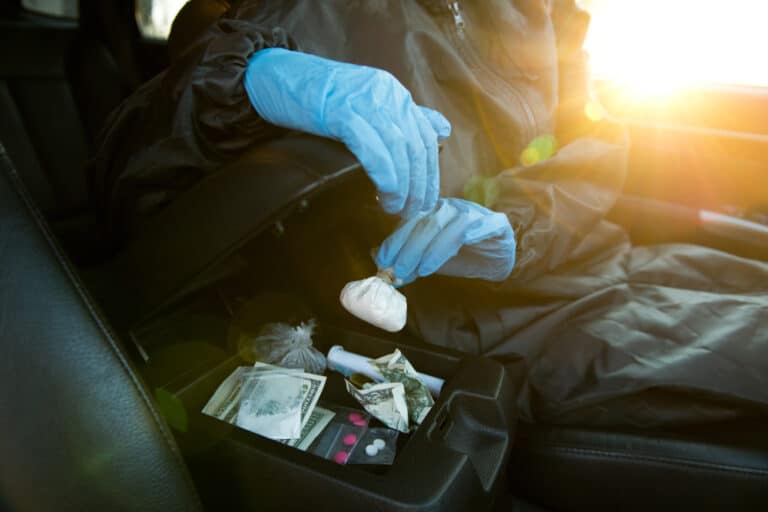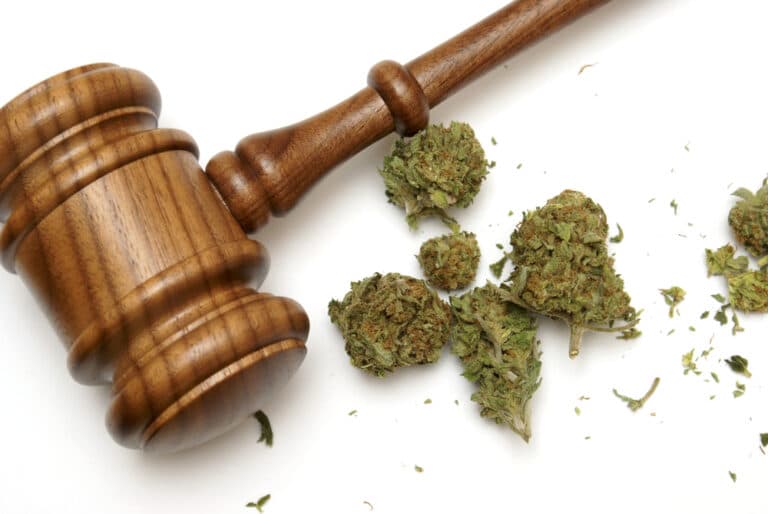Regardless of the crime with which you’ve been charged, it’s essential to understand that you have certain rights under the U.S. Constitution and the New York State Constitution. These rights are meant to protect against arbitrary treatment by the government and...
INSIGHTS
Do You Need an Attorney for a DWI Charge?
If you’ve been charged with driving under the influence in New York, you may be wondering whether you should have the representation of an attorney. Critically, being charged with driving under the influence in New York can have a long-lasting impact on your life and...
When is a DWI a Felony in New York?
A DWI can come with serious consequences, especially if you’re facing felony charges. While a first DWI is typically charged as a misdemeanor, there are certain situations in which an offense of driving under the influence can be a felony. For instance, if there are...
What is Drug Treatment Court — and is it an Option in My Case?
If you were arrested for a non-violent drug crime, you may be eligible for drug treatment court. This is a voluntary alternative to the regular court process that allows non-violent, drug-addicted offenders to enter into a treatment program, and potentially avoid...
Types of DWI Offenses in New York State
Being charged with the offense of driving while intoxicated can be stressful and overwhelming. However, it’s important to understand that the consequences you may face can depend upon the facts and circumstances surrounding the DWI — and the specific offense with...
Understanding New York’s Ghost Gun Laws
New York has some of the toughest firearms laws in the nation. While strict penalties are imposed for possessing an unregistered firearm, legislation was enacted in 2022 that strengthened the state’s laws regarding ghost guns. These types of guns are those that do not...
What is a Search Warrant?
Most people are aware that the police are usually prohibited from searching a premises or person without a warrant under the Fourth Amendment of the U.S. Constitution. A search warrant is a court order issued for the purpose of authorizing law enforcement to conduct a...
Is a Warrantless Search Ever Permissible?
The Fourth Amendment to the U.S. Constitution protects individuals from unlawful searches and seizures by law enforcement. As a general rule, before police can search your person, home, or vehicle, they must have probable cause for the search — and obtain a valid...
Can the Necessity Defense Be Used in DWI Cases in New York?
Driving under the influence is a very serious offense in New York that requires a skillful and strategic defense. Critically, one of the defenses that may be available to those who have been charged with the offense of driving under the influence is the “necessity...
NYC Subway Incident Raises Complex Legal Questions Regarding Self-Defense
The recent New York City subway incident that resulted in the death of Jordan Neely made headlines throughout the nation. While there are still many facts that are not yet known, and various issues that will need to be determined at trial, the case raises many...
What is Possession of a Controlled Substance?
Possession of a controlled substance is a serious crime in New York that can come with severe consequences. Many of these offenses are charged as felonies and can come with a lengthy prison term, steep fines, and long-term ramifications. Not only can a conviction...
What Defenses Can Be Used in a Drug Possession Case?
If you face charges for possession of a controlled substance, it’s crucial to understand that an arrest does not mean a conviction. While this offense is taken very seriously in New York, there are several defense strategies that can be used to fight the charges...

